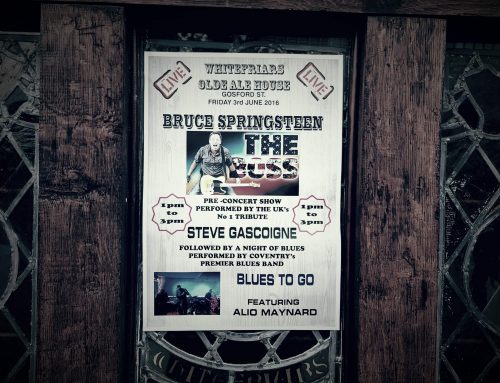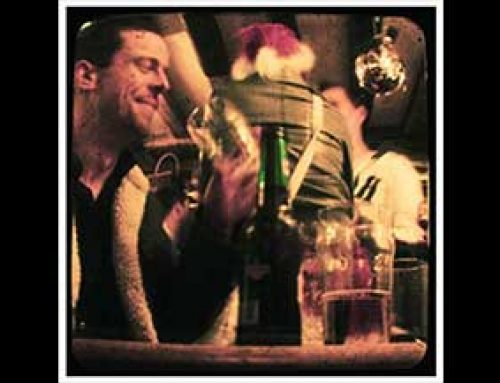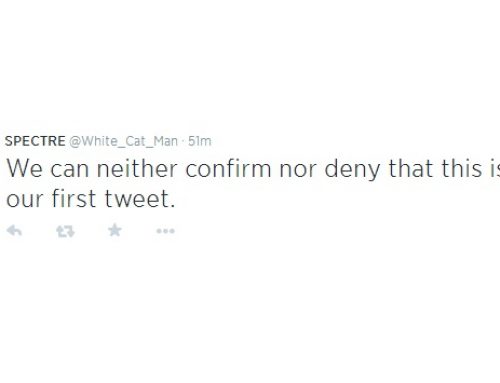I’ve left it a wee bit late, but I just wanted to say a few words about the recent death of Edward Woodward.
It’s always sad when a performer you’ve admired and respected for a sizable chunk of your life passes away. In my knee-high-to-a-grasshopper days, I always thought of Woodward as Callan, the disillusioned and conscientious bad-ass assassin he played in the gritty British TV show of the same name. The Callan series was a bit before my time – it was first broadcast in the late-1960s and early-1970s – but as a kid I never let a chronological technicality like that stop me from enjoying something. No wonder I ended up doing a history degree.
Come to think of it, I can remember Woodward being synonymous with Callan long before I saw any of the re-runs or the 1974 feature film. It was probably my parents’ fault. They had a disconcerting habit of referring to actors they liked by the roles they were synomymous with. Instead of saying, for instance, “Oh look, there’s Edward Woodward on The Morecambe and Wise Show”, they’d instead say: “It’s Callan.” I don’t know if anybody else’s parents did this, but mine always carried it off with a certain air of quiet authority that informs my sensibilities to this day. Maybe it’s because they delivered these observations in a melodious County Derry accent, and I’ve always been a sucker for a melodious County Derry accent. I blame that on my parents, too.
Eventually – and by ‘eventually’ I mean at about the age of eleven or twelve – I watched a handful of Callan re-runs and the 1974 feature film and enjoyed them tremendously. Eventually I’d like to see them again. When I remember Callan I think of a very British espionage thriller that was shot through with a palpable sense of claustrophobia and a generous helping of moral ambiguity. To put it another way, it was like a bit like watching a Bond film with Ken Loach at the helm.
Callan also had a wonderfully low-key title sequence that evoked both classic film noir and the splash page of a Will Eisner Spirit comic:
From that snake-belt and Farrah trouser-wearing era I also recall being captivated by Woodward’s performace as Breaker Morant, in the eponymous Australian military courtroom drama set during the Boer War. I haven’t seen the film since I was old enough to shave, but – like Callan – I’ve got a sneaking suspicion I’d appreciate it even more now.
(As a personal aside – and this is a blog, so I’m allowed personal asides – Edward Woodward was born on the same year as my dad, who passed away in 1995. As irrational as it sounds, I’ve developed a special kind of fondness for famous people I respect who are now as old as my dad would have been. The list includes Clint Eastwood, Sean Connery, Gene Hackman and all of the Apollo 11 astronauts. A shrink would have a field day.)
But back to Edward Woodward. During my teens I was a big fan of his hit American TV series The Equalizer. Again, I haven’t seen it for years, but – unlike Callan and Breaker Morant – I imagine it hasn’t aged very well. American action series of the 1980s have a tendency to curdle over time. While my grown-up sensibilities would probably dismiss it as a post-Bernie Goetz urban paranoid’s wish fulfilment fantasy, back in the Thatcher/Reagan era I used to avidly watch it on TV every week. I liked the show so much, in fact, that I ended up buying a pair of glasses with fancy fibreglass frames because my optician said that they were the same specs that Woodward sported in the show. This led to me doing a series of highly accalaimed impersonations of The Equalizer which were all the rage during a 6th Form disco in 1987.
Maybe it was my hyperactive teenage imagination at work, but I developed a rather elaborate theory that Woodward’s character in The Equalizer – Robert McCall – was actually David Callan who had (of course) faked his death, emigrated to the States, assumed a new identity and was now trying to find redemption for the budgetry constraints of his past. This theory foreshadowed the 90s action flick Enemey of the State – in which it was strongly implied that (ahem) Gene Hackman’s paranoid surveillance vet was the same character he played in Francis Ford Coppola’s 70s classic, The Conversation . In any case, it all made perfect sense to me at the time, and every week I’d find myself scavenging the latest Equalizer episode for clues to support my theory. Just be grateful I didn’t grow up to be a conspiracy theorist.
Anyway, we’re nearly 800 words into a blog post about Edward Woodward and I haven’t mentioned The Wicker Man yet. How’s that for restraint?
Lets get this out of the way: The Wicker Man is one of my favourite films. Along with The Third Man, Withnail and I and Monty Python & The Holy Grail it’s a contender for my all-time favourite British films. It’s certainly my favourite British genre breaking horror-thriller-musical film.
There are many things about The Wicker Man that make it special, terrifying and unique, but at its core is Woodward’s faultless performance as the tragic Sergeant Neil Howie. To typical secular sensibilties, this butt-clenchingly uptight Christian copper would appear to be a fairly unsympathetic protagonist (particularly when compared to Christopher Lee’s charismatic ‘villain’ of the piece, Lord Summerisle). Woodward’s performance, though, wins over the audience over remains a masterclass in how to portay controlled and pent-up fury. His final act transition from righteous indignation to sheer, absolute terror is one of the key reasons why this remakable film continues to disturb and delight audiences.
I won’t say any more about The Wicker Man than on the slim offchance that someone reading this hasn’t seen it yet. If that’s the case, then I strongly urge you to watch it at the earliest opporunity. Just make sure it’s the original film and not the 2006 remake with Nicolas Cage. It would be wise not to confuse the two.
Thanks for all those years of brilliant work, Mr Woodward. Rest in peace.












Leave A Comment